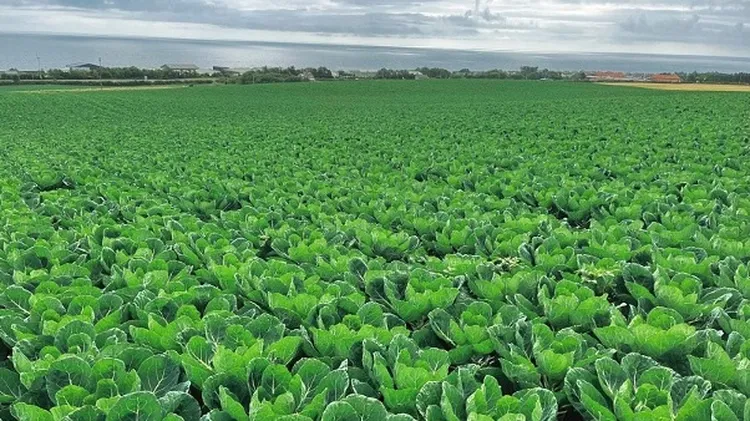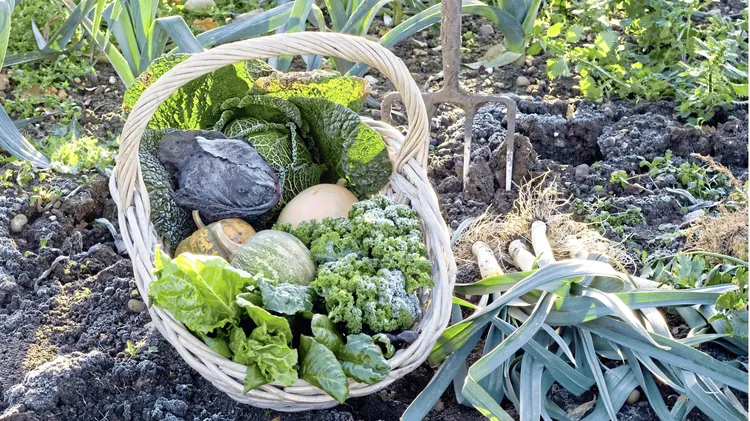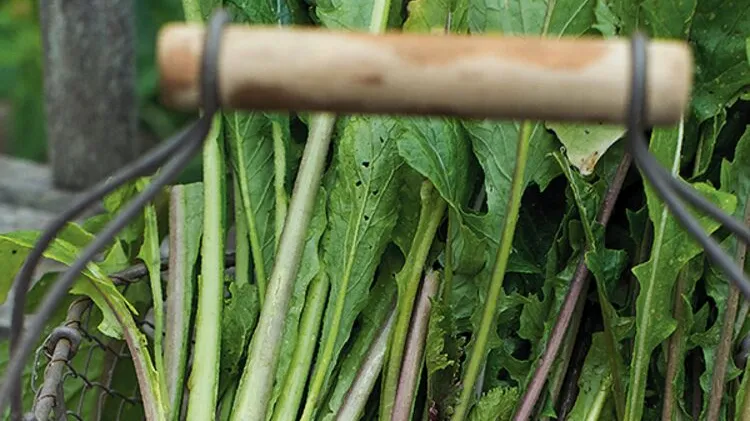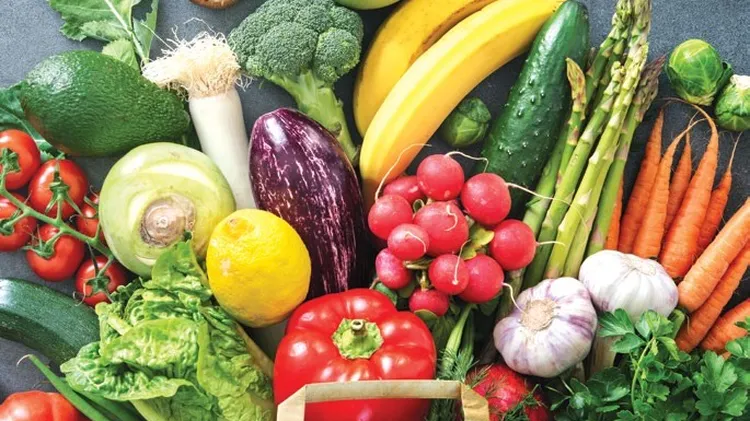Humdrum, bitter and smelly? Wait – there’s more to these little gree
The spectacularsprout
6 min read
This article is from...
Read this article and 8000+ more magazines and newspapers on Readly






